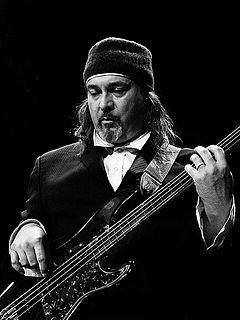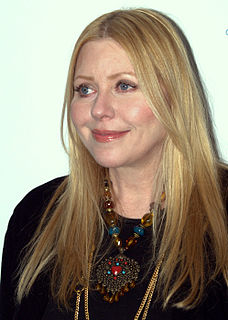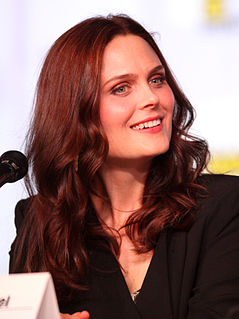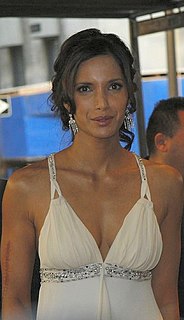A Quote by Laura Mennell
I became a vegetarian at 15. I was always an animal lover and, as a teenager, became increasingly uncomfortable with the idea of eating meat. It was then that I started to research vegetarianism.
Related Quotes
But when, at the end of my sophomore year, I became a philosophy major and started doing my first seriously pretentious thinking, I became a vegetarian again. The kind of willful forgetting that I was sure meat eating required felt too paradoxical to the intellectual life I was trying to shape. I thought life could, should, and must conform to the mold of reason. You can imagine how annoying this made me.
Almost always when I told someone I was writing a book about "eating animals", they assumed, even without knowing anything about my views, that it was a case for vegetarianism. It's a telling assumption, one that implies not only that a thorough inquiry into animal agriculture would lead one away from eating meat, but that most people already know that to be the case.
Meat-fetishiser that I was, I used to find willed vegetarianism inexplicable. It was one thing to be a vegetarian because of religious and caste reasons - something I was familiar with because of my Indian upbringing - but to choose to be a vegetarian when you could eat meat for every meal every day? That seemed madness to me.


































